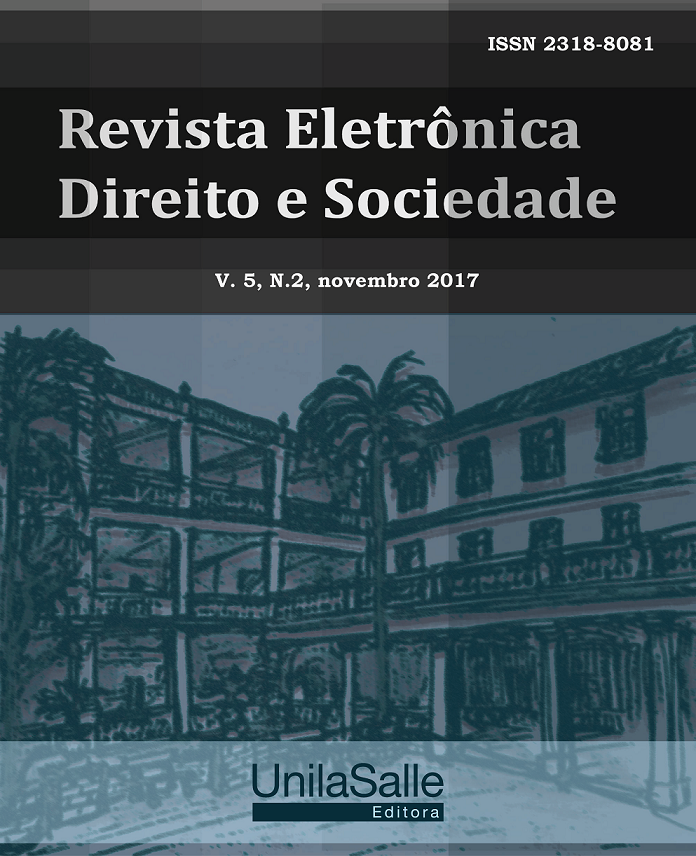Judges or experts? A comparison about legal constructions of truths in hard cases
DOI:
https://doi.org/10.18316/redes.v5i2.3739Keywords:
Experts, Administrative Council for Economic Defense, Decision-making.Abstract
The paper discusses the argument that experts are better decision-makers in cases that involve scientific knowledge in relation to judges. This is a debate about the allocation of decision in complex society. The study underscores the examination of administrative courts in Brazil, as well as a comparison with the Judiciary. The main examination is the Court of the Administrative Council of Economic Defense. After describing the decision-making practice of this court, the study reveals the tensions concealed by the counselors’ actions from the perspective of the relation between law and science. The question is how the law operates with scientific knowledge for decision making. The paper argues that both experts and judges share problems related to the construction of legal truths in hard cases, either because administrative courts mimic the structures of the Judiciary or to reveal the fragility of the operation of scientific knowledge by law. Rather than believing that neutrality and security prevail in the performance of experts within the legal system, it is preferable to denounce the ambiguities that are reproduced in decision-making practices in order to effectively produce adequate structures for the future.
Downloads
Published
Issue
Section
License
Authors who submit their manuscripts for publication in the “REDES” Magazine agree to the following terms:
The authors claim to be aware that they retain copyright by giving “REDES” the right to publish.
The authors declare to be aware that the work submitted will be licensed under the Creative Commons Non-Commercial Attribution License which allows article sharing with acknowledgment of authorship and publication in this journal.
The authors declare to be aware that by virtue of the articles published in this journal have free public access.
The authors declare, under the penalty of the law, that the text is unpublished and original and that they are aware that plagiarism has been identified, plagiarized authors will be informed - willingly, to take legal action in the civil and criminal sphere - and, plagiarists will have their access to the magazine blocked.
The authors state that - in case of co-authoring - all contributed significantly to the research.
Authors are obliged to provide retractions and (or) corrections of errors in case of detection.
The authors are obliged not to publish the text submitted to “REDES” in another electronic journal (or not).
The Electronic Journal Law and Society - REDES - is licensed under a Creative Commons License. Attribution-NonCommercial 4.0 International.Based on work available at "http://revistas.unilasalle.edu.br/index.php/redes/about/submissions#copyrightNotice".
Permissions in addition to those granted under this license may be available at http://creativecommons.org/.

